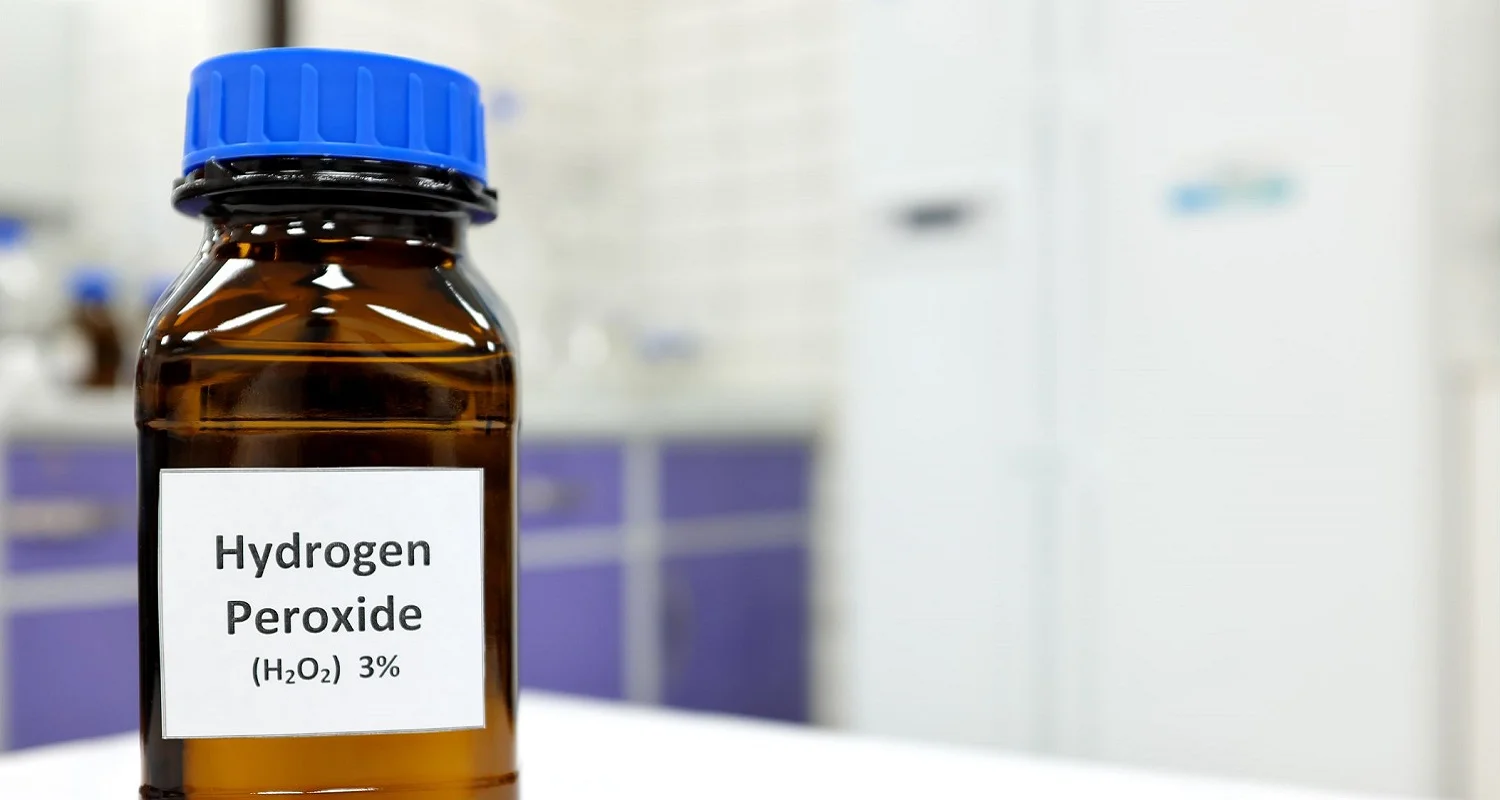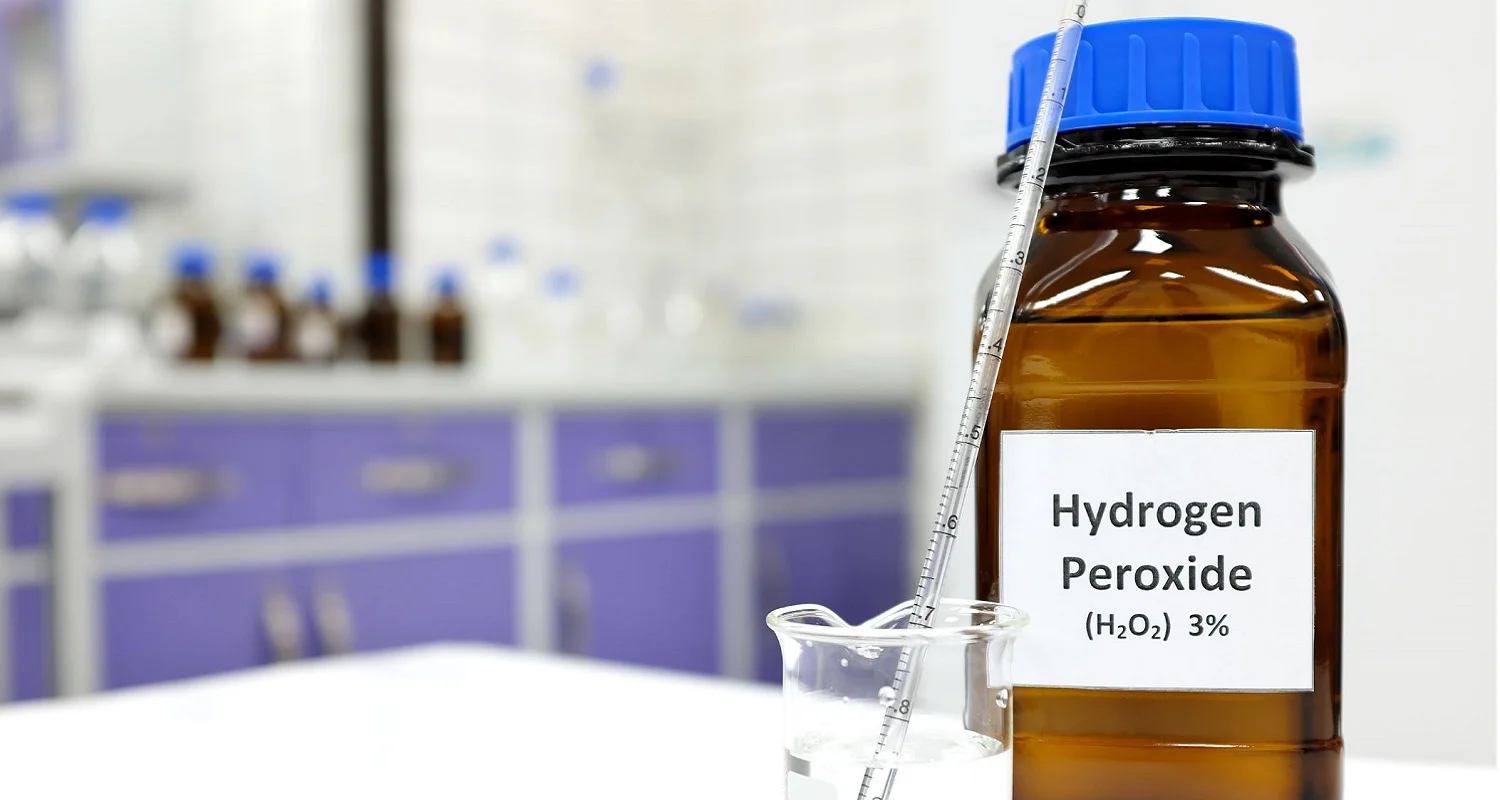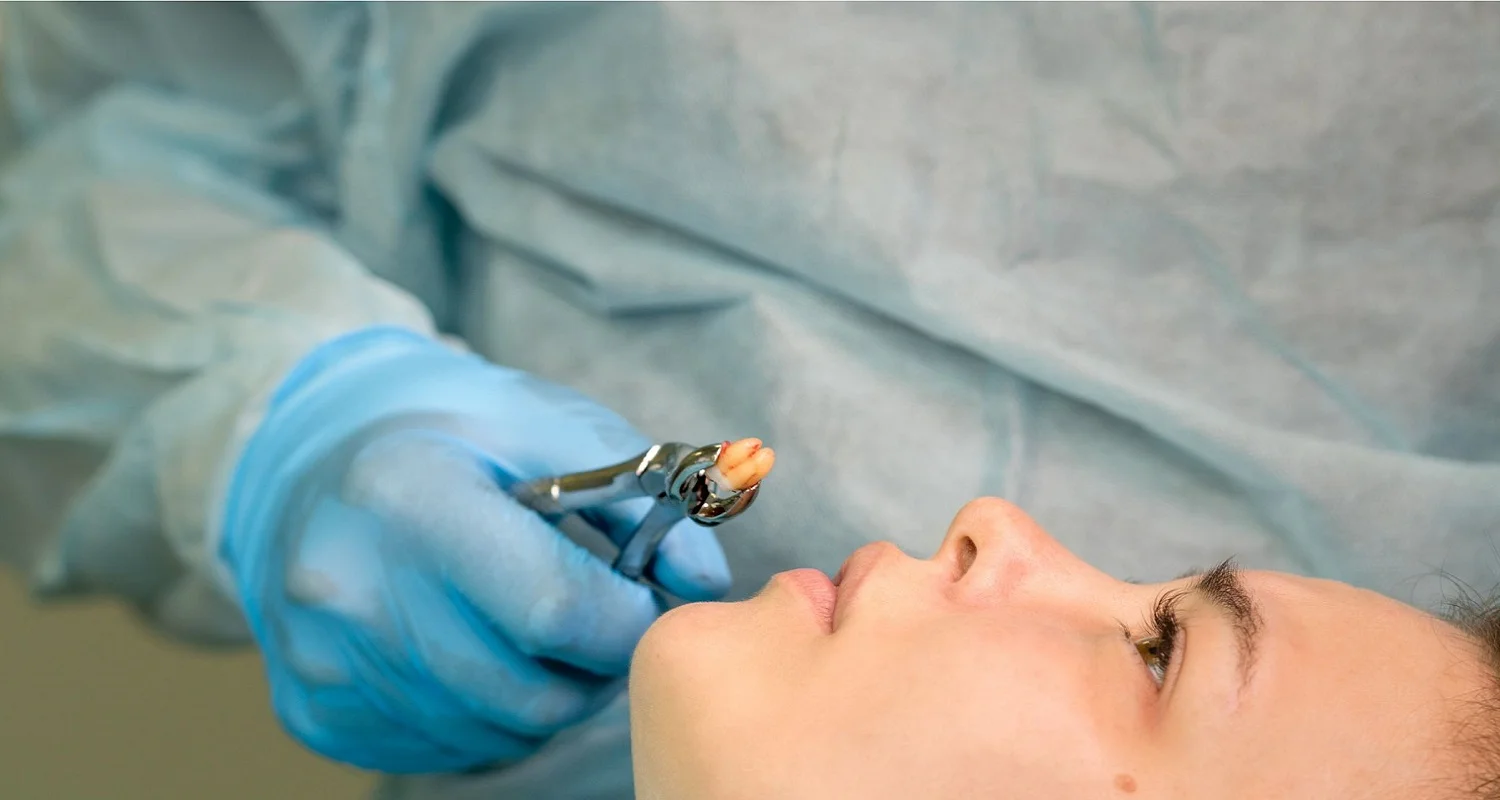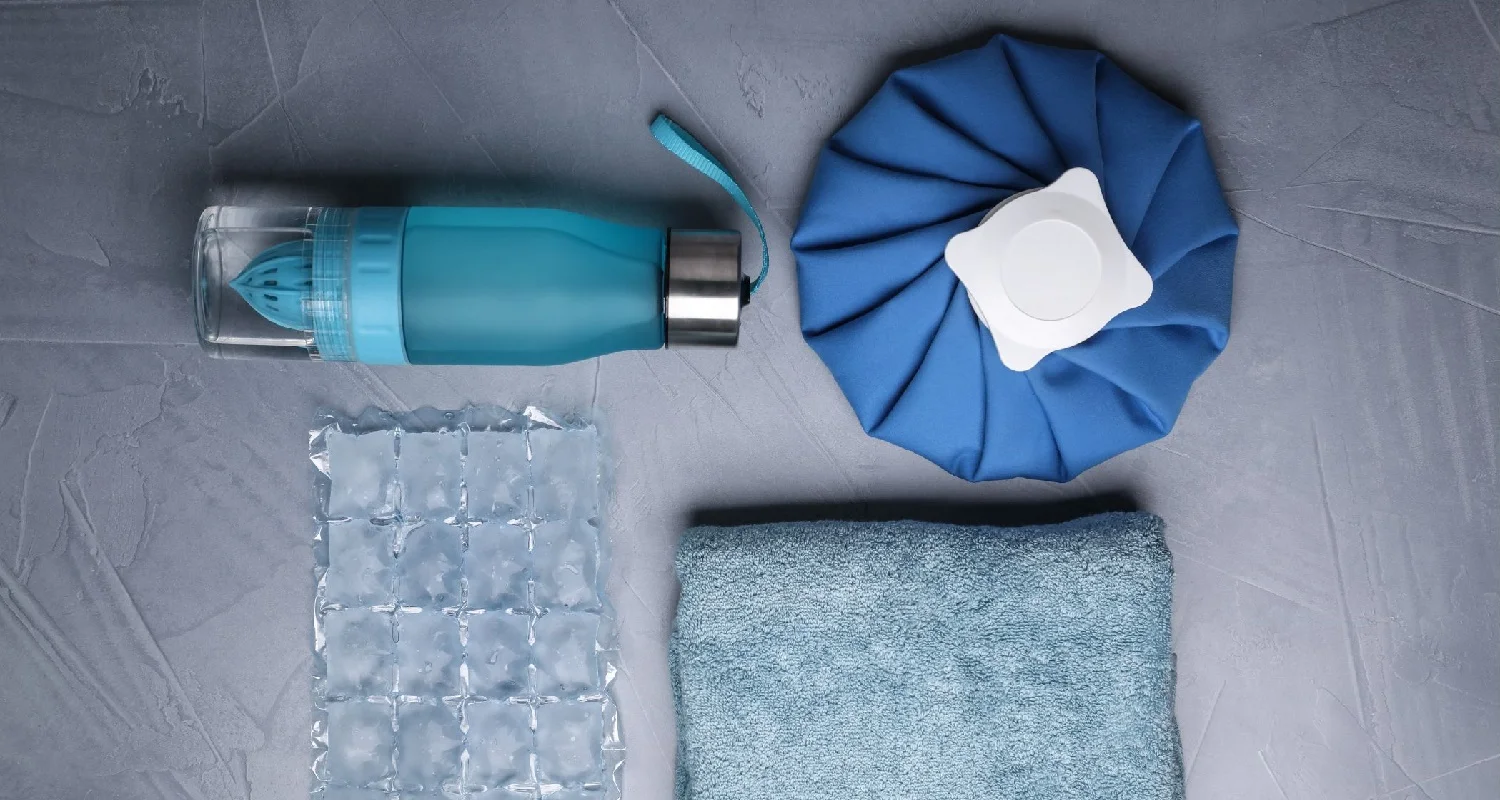Last Updated on: 11th December 2025, 10:48 am
Exploring the Benefits and Risks of Hydrogen Peroxide on Toothache Remedy
A toothache can be an unbearable experience and it often leads us to look for a quick solution. One of the home remedies that has gained popularity is the use of hydrogen peroxide on toothache. In this article, we will explore the benefits and risks of hydrogen peroxide as a toothache treatment.
Additionally, we will provide important information about its safe use and when it is appropriate to seek professional help.
How can Hydrogen Peroxide Relieve Toothache?
1. Hydrogen peroxide and toothache relief
Hydrogen peroxide, an oxidizing chemical known for its disinfecting and whitening properties, may offer temporary relief from a toothache. This solution, usually found in concentrations of 3% to 6%, can kill bacteria that could be causing an infection and related dental pain.
2. Oral care with hydrogen peroxide
Experts have found that rinsing with a dilute hydrogen peroxide solution (in concentrations between 1 and 1.5%), along with good oral health practices, can help eliminate harmful viruses, fungi, and bacteria to promote a healthier mouth. However, it is necessary to consult your dentist if the toothache persists.
3. Mouthwash for toothache
One of the most common methods of relieving a toothache with hydrogen peroxide is by using a diluted solution as a mouthwash. Mixing equal parts hydrogen peroxide with water and gargling with the solution for about 30 seconds can provide momentary relief from tooth and gum pain.
4. Other oral care practices with hydrogen peroxide
In addition to mouthwash diluted in water, hydrogen peroxide can also be used as a topical antiseptic. To do this, soak a cotton ball and apply it directly to the affected area of the mouth for 30 seconds. Don’t use it if you suffer from tooth sensitivity and/or your tooth is fractured. Other alternatives are the use of chlorhexidine gluconate or povidone-iodine.
Preparation and Use of Hydrogen Peroxide Solution
To prepare a hydrogen peroxide solution for toothache relief, follow these steps:
• Purchase 3% to 6% hydrogen peroxide at your local pharmacy. Make sure it is suitable for oral use.
• Mix equal parts hydrogen peroxide and water to create a diluted solution. For example, you can use one teaspoon of hydrogen peroxide to one teaspoon of water.
• Rinse your mouth with the solution for 30 seconds and then spit it out. Don’t swallow it.
• Repeat this process every hour as needed to relieve pain.
• If the pain persists, go to your dentist.
When Should You not Use Hydrogen Peroxide on Toothache?
Although hydrogen peroxide can provide temporary relief from a toothache, there are times when it should not be used or used with caution:
1. Tooth sensitivity: If you have sensitive teeth, hydrogen peroxide may worsen the discomfort. Consider gentler alternatives if this is your case.
2. Recent dental extractions: If you had a tooth extracted less than 3 days ago, the use of mouthwashes is contraindicated, as they could cause the clot to dislodge. If you want to read more about tooth extraction you can check our article here.
3. Extensive wounds in the mouth: Hydrogen peroxide can be irritating in some cases, so look for alternatives such as 0.12% chlorhexidine gluconate.
4. Previous allergic reactions: Prolonged use or ingestion of a diluted solution of hydrogen peroxide may induce vomiting, intestinal irritation, or gastric distention.
Dental Emergency Relief
Hydrogen peroxide may offer quick relief for dental pain, but it is not a long-term solution for dental problems. If you experience a severe or chronic toothache, it is crucial to seek professional dental care to address the underlying cause.
Hydrogen Peroxide Risks
The improper use of hydrogen peroxide can pose potential risks for oral and general health. Some of them include:
• Damage to gums and teeth: Hydrogen peroxide in high concentrations can damage tooth enamel and the gums if used in excess or not properly diluted. This can lead to long-term dental problems.
• Mouth irritation: Frequent use of undiluted hydrogen peroxide can irritate the mouth, including the gums and tongue.
• Ingestion risk: Ingesting hydrogen peroxide in high concentrations can be dangerous and cause serious gastrointestinal problems. You should never swallow hydrogen peroxide or use it in excess.
When to Seek Professional Help?
If your toothache persists or worsens despite using hydrogen peroxide, it is important to seek the opinion of a dentist. The dental professional will identify the underlying cause of the pain and provide alternative appropriate treatment.
Alternatives to Using Hydrogen Peroxide
Some alternatives to hydrogen peroxide for toothache relief include:
1. Over-the-counter pain relievers: Medications such as ibuprofen or acetaminophen can temporarily relieve pain.
2. Hot or cold compresses: Applying hot or cold compresses to the cheek on the affected side can reduce inflammation and relieve pain.
3. Clove oil: Clove oil has natural analgesic and antibacterial properties. Applying a small amount to the painful area may be helpful.
4. Proper oral hygiene: Maintaining good oral hygiene, including regular brushing and flossing, is essential to prevent dental problems.
5. Rinses with other anti-inflammatory agents and/or homemade disinfectants: The use of medicinal plants such as green tea, mint, cinnamon, or others can be effective in treating toothache.
Conclusion
• Hydrogen peroxide can provide temporary relief from a toothache and aid in fighting oral disinfection, but it should be used with caution.
• It is important to remember that it is not a long-term solution for dental pain, so it is always advisable to seek professional care if the pain persists or there are signs of a more serious dental problem.
• Prevention through proper oral hygiene practices remains the best way to care for your dental health long term.
Frequently Asked Questions
What happens when you use hydrogen peroxide to relieve a toothache?
Hydrogen peroxide will eliminate the bacteria that could be causing the pain and purify your mouth completely. Mixing it with water will ensure that your mouth is not exposed to an excessive amount of hydrogen peroxide at one time.
How long does it take for peroxide to relieve toothache?
Mix equal parts of warm water and peroxide and use this solution as a mouthwash two or more times a day. Since this mixture fights infections and reduces inflammation, you will likely start to feel better in a day or two. Similar to hydrogen peroxide, rinsing with warm salt water is often considered the first option for people with mild toothache.
How is the mixture of hydrogen peroxide and water prepared to relieve toothache?
You can reduce inflammation and pain by rinsing your mouth with a solution of hydrogen peroxide diluted in water. Start with a 3% concentration of hydrogen peroxide and mix one part hydrogen peroxide with two parts water. Then, swish the mixture around in your mouth for about 60 seconds before spitting it out (do not swallow it).
Is it safe to leave peroxide on teeth for a long period of time?
According to studies, hydrogen peroxide can cause damage to the teeth when used in whitening products or home applications. In certain circumstances, this damage can be aggravated by using a highly concentrated solution or allowing the solution to remain in contact with the teeth for a long time.
Share:
References
1. Toothache home remedies. (Nov 3. 2015). WebMD. https://www.webmd.com/oral-health/home-remedies-toothache
2. Hydrogen peroxide | TOxFAQ | ATSDR. (May 6, 2016). https://www.atsdr.cdc.gov/es/toxfaqs/es_tfacts174.html#:~:text=El%20per%C3%B3xido%20de%20hidr%C3%B3geno%20puede,leve%20irritaci%C3%B3n%20de%20los%20ojos
3. Vergara‐Buenaventura, A., & Castro-Ruiz, C. (2020). Use of mouthwashes against COVID-19 in dentistry. British Journal of Oral & Maxillofacial Surgery, 58(8), 924-927. https://doi.org/10.1016/j.bjoms.2020.08.016
4. Marshall, M. V., Cancro, L. P., & Fischman, S. L. (1995). Hydrogen peroxide: A review of its use in dentistry. Journal of Periodontology, 66(9), 786-796. https://aap.onlinelibrary.wiley.com/doi/10.1902/jop.1995.66.9.786
5. Muzyka, B. C. (2005). Oral fungal infections. Dental Clinics of North America, 49(1), 49-65. https://doi.org/10.1016/j.cden.2004.07.007
6. Professional, C. C. M. (Apr 11, 2023). Toothache. Cleveland Clinic. https://my.clevelandclinic.org/health/diseases/10957-toothache
7. Lin, K., Chung, C., Ciou, J. S., Su, P. F., Wang, P. W., Shieh, D. B., & Wang, T. (2019). Molecular damage and responses of oral keratinocyte to hydrogen peroxide. BMC Oral Health, 19(1). https://doi.org/10.1186/s12903-018-0694-0
-
Nayibe Cubillos M. [Author]
Pharmaceutical Chemestry |Pharmaceutical Process Management | Pharmaceutical Care | Pharmaceutical Services Audit | Pharmaceutical Services Process Consulting | Content Project Manager | SEO Knowledge | Content Writer | Leadership | Scrum Master
View all posts
A healthcare writer with a solid background in pharmaceutical chemistry and a thorough understanding of Colombian regulatory processes and comprehensive sector management, she has significant experience coordinating and leading multidisciplina...



















